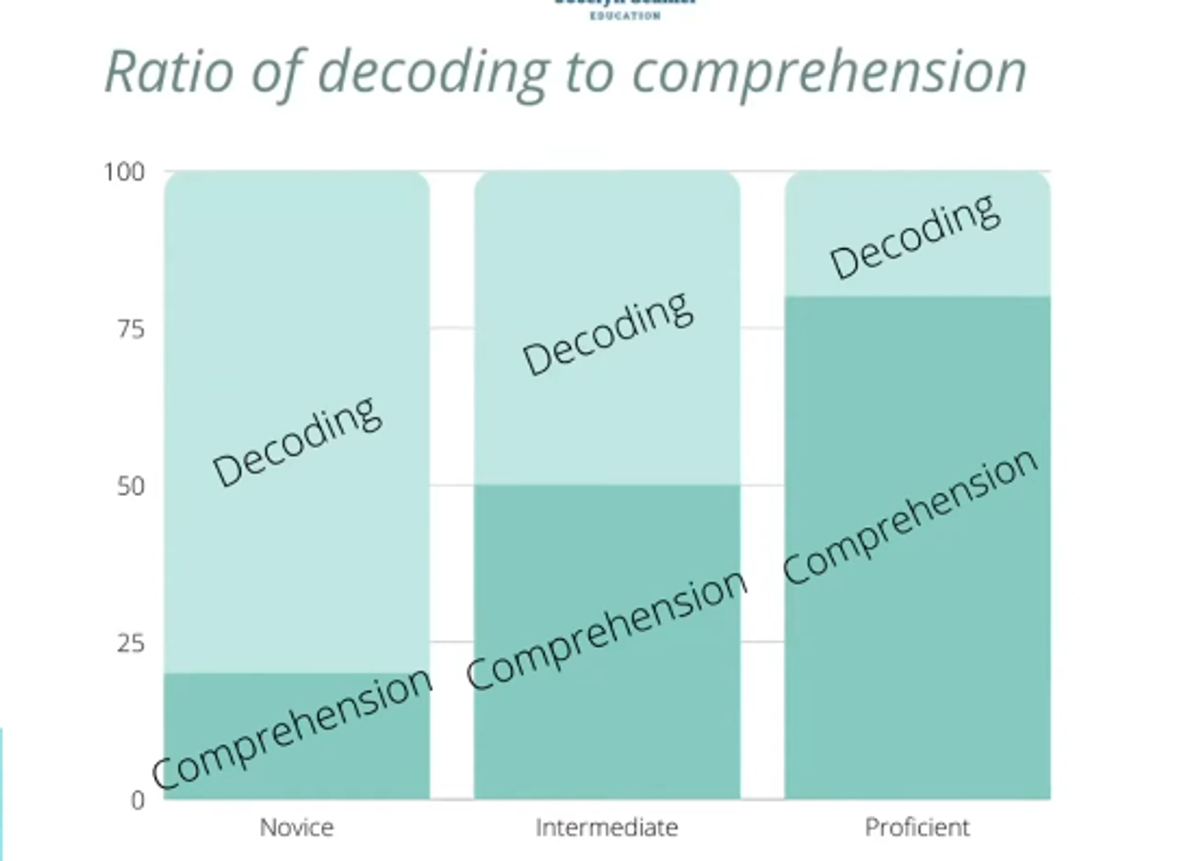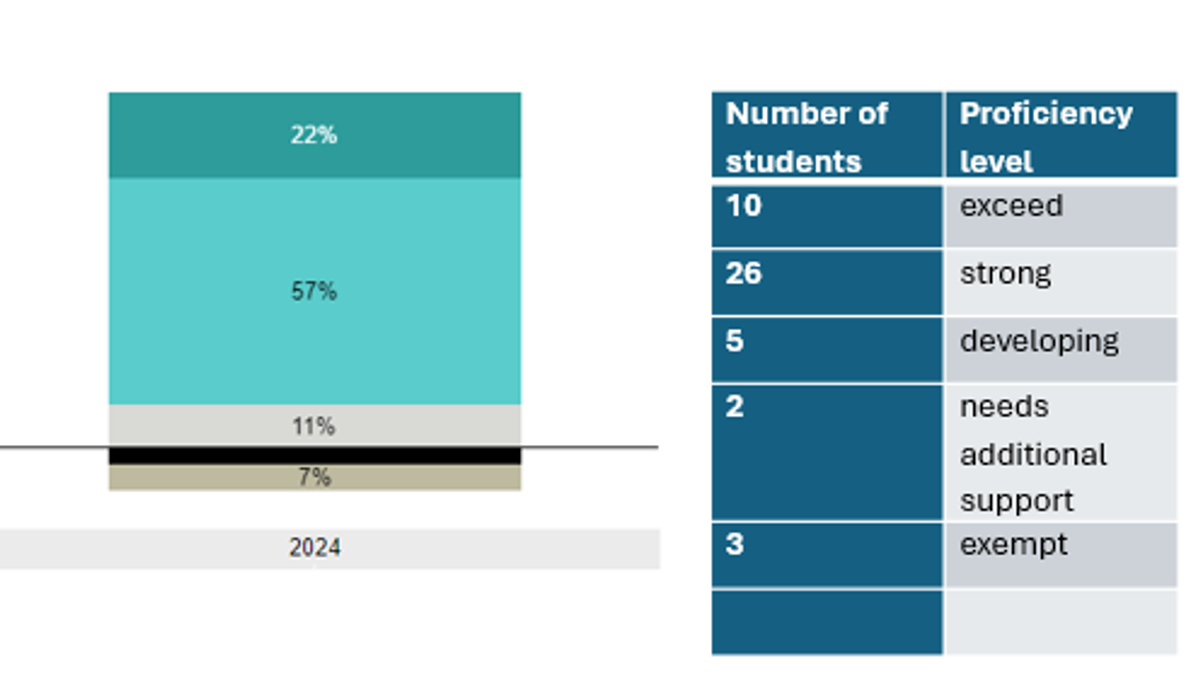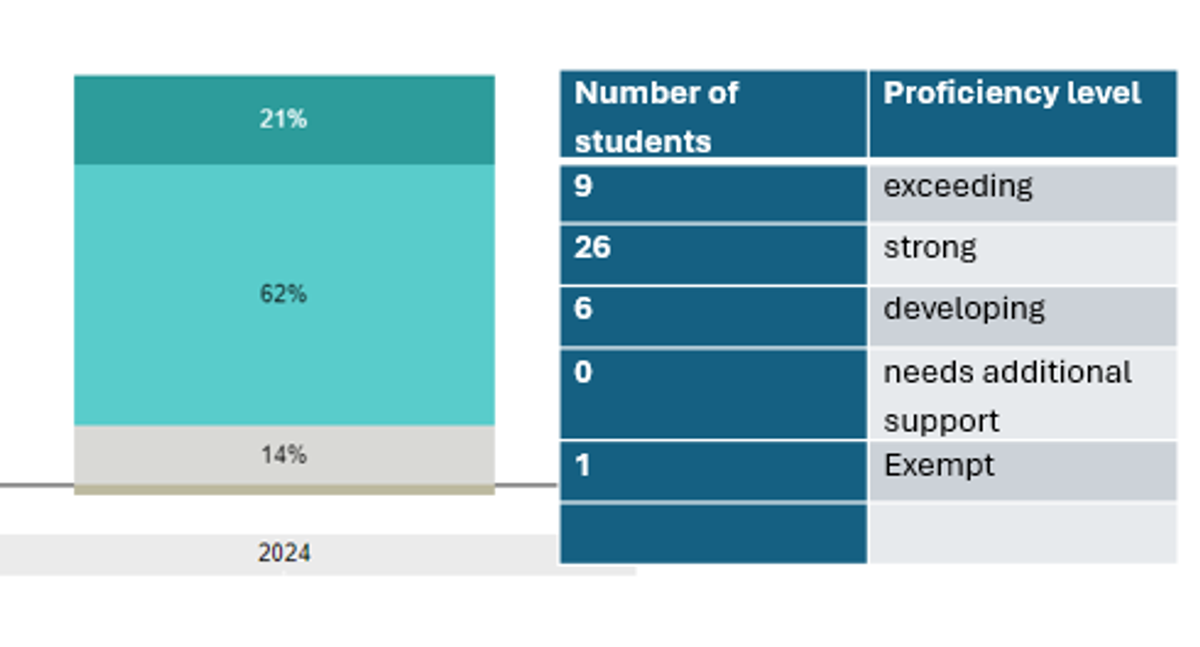BBPS Curriculum
Violet, Lu Lu and Nikita

BBPS Curriculum
Violet, Lu Lu and Nikita
At BBPS, our teachers are highly skilled in the planning of curriculum that meets the varied needs of our students. Informed by the Victorian Curriculum, like all government schools, each week our teachers collaborate to create teaching and learning sequences that reflect evidence based research with rigour and engagement at the forefront.
For the remainder of term 3, we look forward to showcasing our learning curriculum to you further through BBPS Life. Each newsletter we will focus on a particular area of the curriculum and set out to describe the nuances of what we do each day. We will attempt to explain the extensive ‘teacher talk’ that inevitably comes in any industry when experts come together, and hope to dispel some myths and confirm your thinking around the outstanding academic achievements of the students at BBPS.
We begin with READING
What do we mean by the science of reading?
Put simply, the science of learning is the cognitive science of how students learn, connected with the instructional implications of that science. The science of reading describes the important aspects of effective reading to consider in a comprehensive curriculum - and we use the model below to guide our understanding. In essence, if we can understand language (comprehension) and lift words off a page (word recognition), we can read. This involves a complex combination of skills and understanding, detailed at the left hand side of the diagram below.


How do we teach reading?
At BBPS our driving purpose is to foster passionate readers, code breakers who analyse texts and make meaning as critical consumers of an information rich world around them. We use an explicit and systematic instructional approach to teaching reading.
Comprehension: Within any unit of study, we specifically teach reading comprehension strategies through shared reading experiences, where teachers model through think alouds key strategies that support readers to activate prior knowledge, make connections, infer, critically analyse text, structure and syntax.
Accuracy: A focus on decoding text (building an understanding of the alphabetic principle, that is, the sounds that letters make), is of particular focus in the early years. Beginning readers need to learn how to connect or translate printed symbols (letters and letter patterns) into sound, understanding that our speech can be segmented or broken into small sounds (phonemic awareness) and that the segmented units of speech can be represented by printed forms (phonics). As students shift from novice to proficient readers, so does the focus of our explicit teaching (see image below).
We use small group reading instruction based on student point of need and a range of texts (both decodable, and varied genres and modes) as part of the learning process.


Fluency: To build automaticity, students engage in several reading practices throughout the day to build expression, prosody (phrasing), rate and stamina. This may include sustained independent reading, fluency pairs, word recognition games, repeated reading (reading familiar texts over and over), singing and reader’s theatre.
Expanded Vocabulary: More on this (and phonics/phonological awareness) to come as we further explore the reading/writing connection in future newsletters.
Celebrating achievement
We use a range of assessments to support our understanding of student progress.
This term we received our 2024 NAPLAN results (First image below, grade 3 reading results detailing % of students in each proficiency level; Second image further below, grade 5 reading results)




Congratulations to our year 3 and 5 students, and to our teachers - majority ‘strong’ and ‘exceeding’ results; and an increase in students with high learning growth when tracked from grade 3 to grade 5, reflecting our rigorous curriculum in both P-2 and 3-4. Continued high growth between grade 5 and 7 further highlights the effectiveness of our senior reading curriculum.
For details of what reading currently looks like in each grade level, go to BBPS Life. We encourage you to read beyond your child’s year level as a way to gain a further sense of our reading program across the school. Please speak to any of our teachers to learn more.